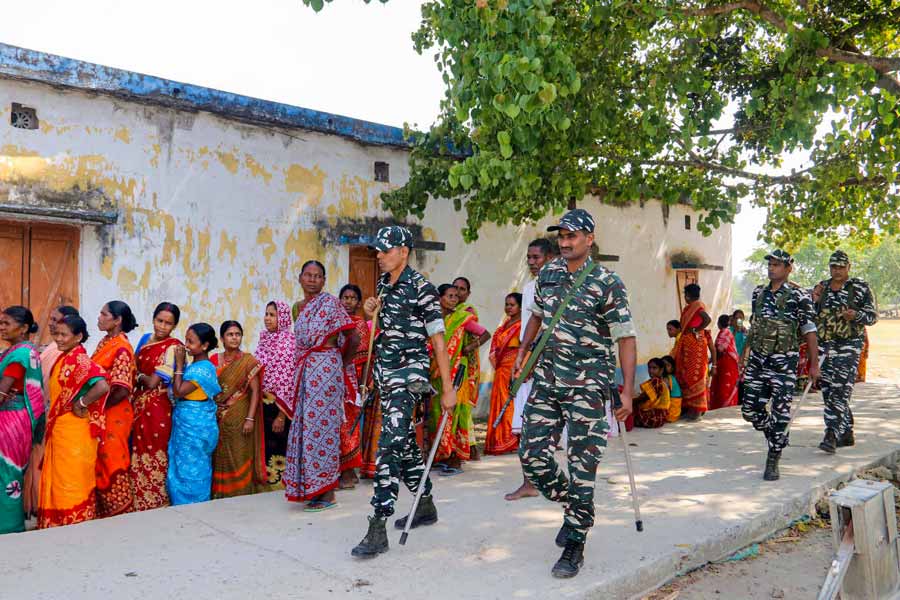 |
A Chughtai Quartet: Obsession, The Wild One, Wild Pigeons, The Heart Breaks Free Translated by Tahira Naqvi, Women Unlimited, Rs 400
This new translation in English consists of four novellas spanning thirty years of the career of the inimitable Ismat Chughtai. Tahira Naqvi also provides a prefatory note of appreciation that provides a much needed context for the unacquainted non-Urdu reader.
The appeal of Chughtai’s writing stands even today. Although, the translations included in this volume probably do not merit a work of art, the ideas behind each of the stories resonate with a sensitivity that touched many hearts and minds in the past. Chughtai’s work should ideally be seen in the light of the literature written during her own time which mostly revolved around the transitions that coursed through pre-Partition Indian society. The Heart Breaks Free (Dil Ki Duniya), The Wild One (Ziddi), Obsession (Saudai), and Wild Pigeons (Jungli Kabutar), all deal with women and the themes of love, marriage and social prejudices. They provide a glimpse into a world where women try to break out of the shackles created by other women, rather than men.
In The Heart Breaks Free, Chughtai portrays the various facets of life in a Muslim household in Uttar Pradesh, and does so with dextrous ease. Much of its essence is possibly drawn from the reminiscences of her own childhood in Bahraich. The story unravels around Bua, a woman who strives to be independent in a family which upholds old values and customs in the highest esteem. Bua is constantly goaded into submission by the women in the family and her free spirit ultimately submits to the forces of circumstance. Not one to be happy with such a conclusion, Chughtai devises another character who rebels and succeeds in eking out a new life for herself. It is a complete surprise when Qudsia Apa, a quiet and abandoned wife, suddenly transforms with the turn of events even as Bua, the real rebel, is subdued by powers that become too strong for her. Qudsia blooms from living a life of celibacy to picking her own life partner. She also charts the future course for the next generation.
The Wild One is a love story of a servant girl and her master in a feudal family where such a relationship, even though entirely possible, can only be considered sacrilegious. When Puran shows signs of weakness in a world dominated by the brutal class system, it is Asha, the servant girl, who manages to beat the odds and win him over. Though Obsession and Wild Pigeons also deal with lives of women in traditional households, the stories examine and critique social structures outside the domestic set-up as well.
The Chughtai Quartet will not only introduce the Urdu author to a wider readership and but also serve the interests of those seeking the pleasure of literary classics. Tahira Naqvi’s labourious effort is evident. However, in her attempt to retain the distinct flavour of the original, her language has ended up being awkward for the English reader. For instance, “... the curtain moved and Uncle Shabir erupted into the room”, or the “air around us seemed to hold its breath”, are unidiomatic in their usage and could have been easily avoided.
Naqvi’s translation may be somewhat out of place, but she has succeeded in presenting the Urdu author to a broad multicultural readership. This book might not be able to single-handedly re-instate Chughtai at the centre of literary finesse, but it will pave the way for admiration from readers who have not read her before.










